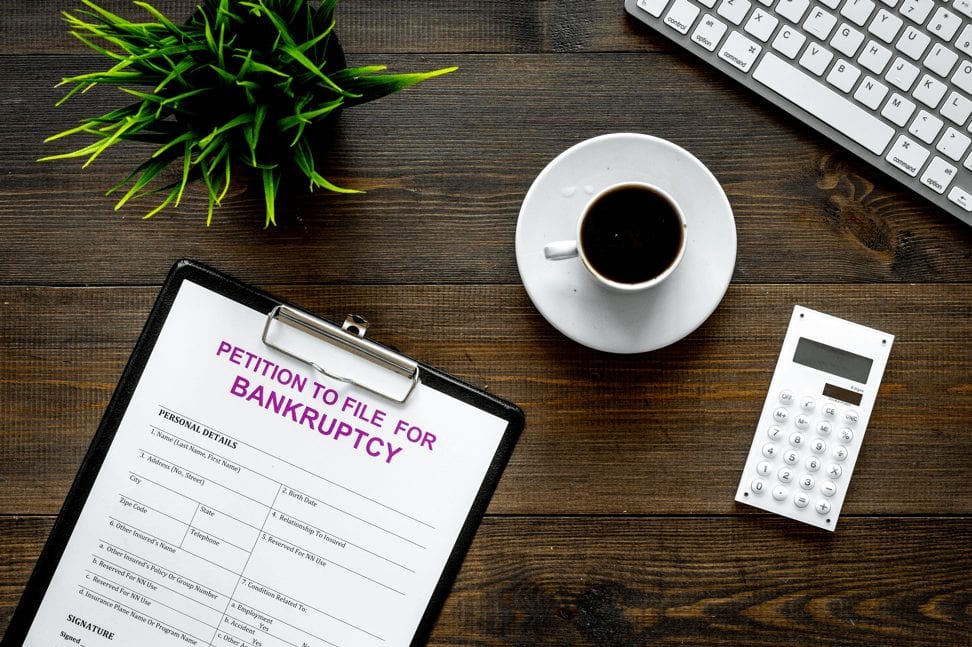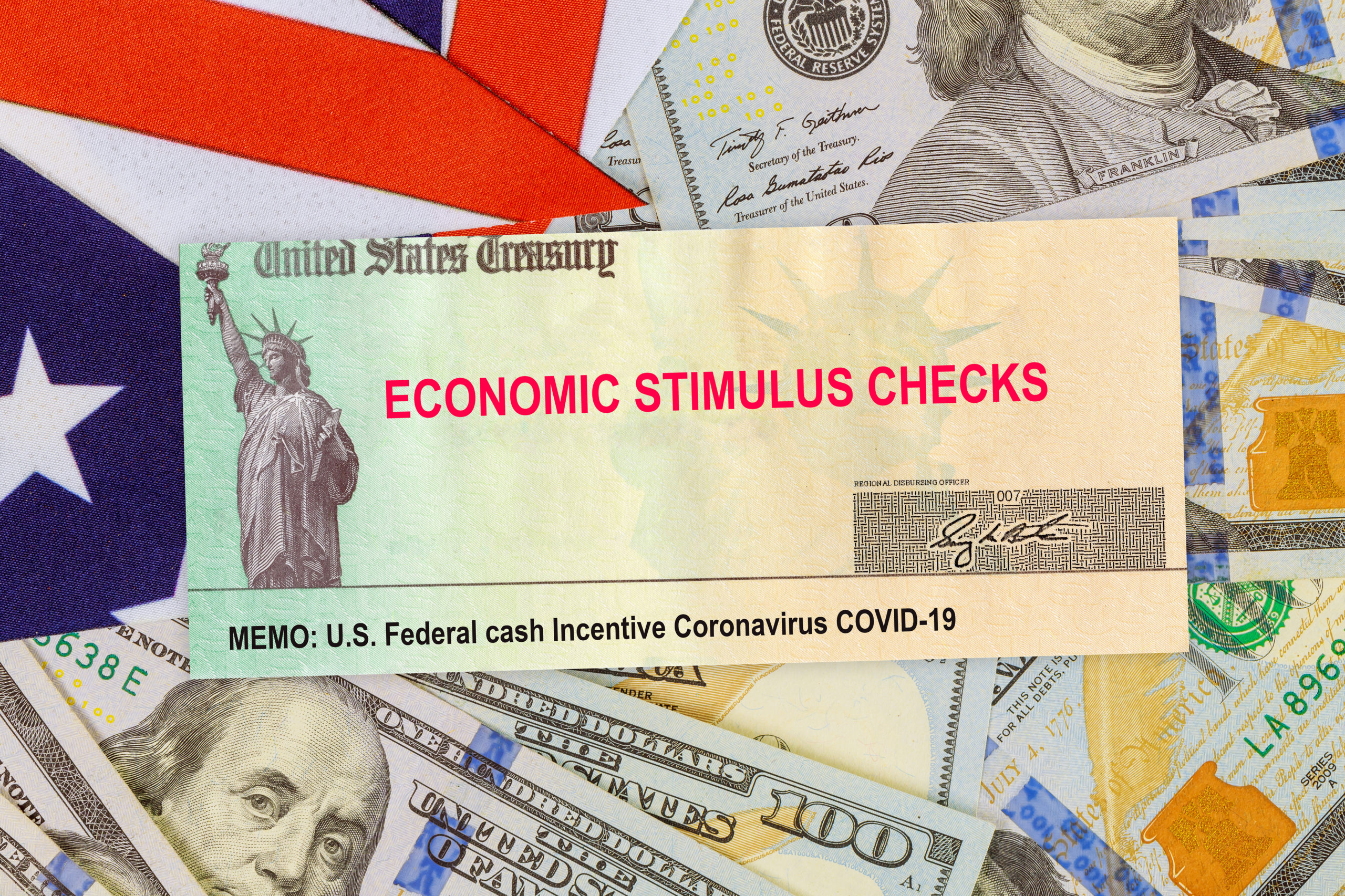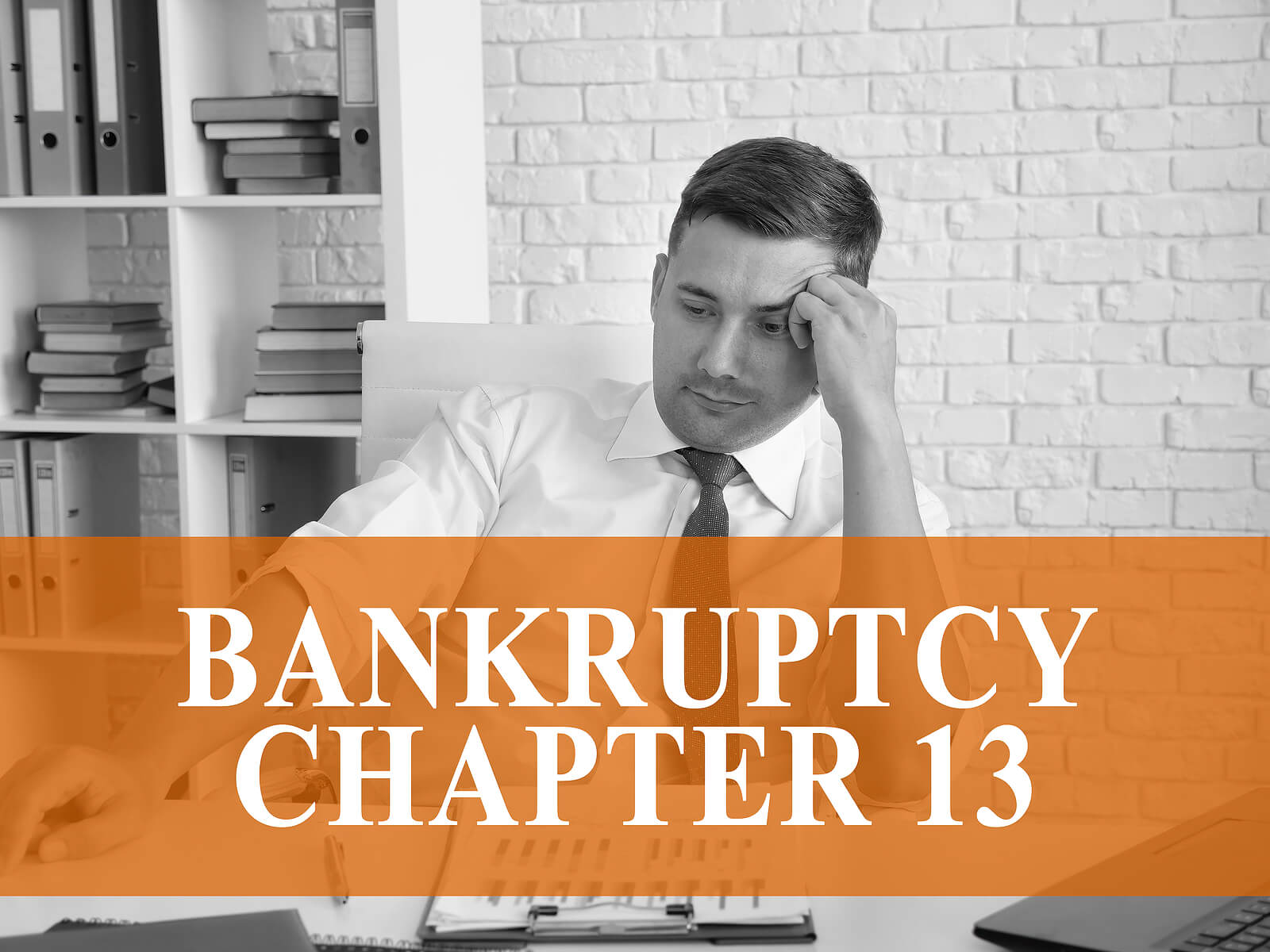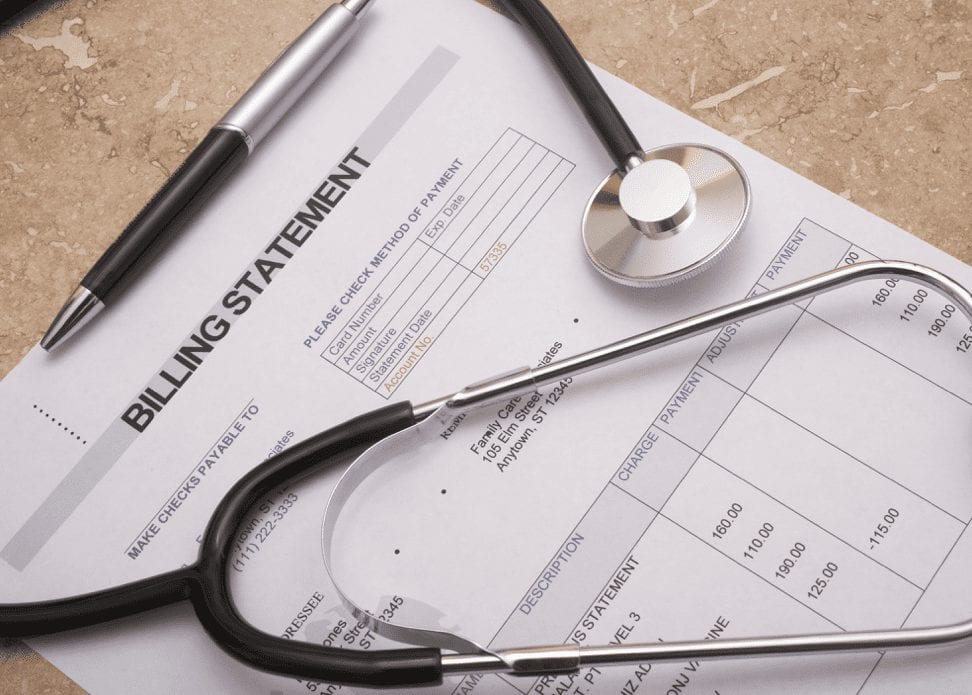If you’re facing an overwhelming amount of debt, bankruptcy provides a legal solution to your problems. It’s essentially a way to start over. Depending on the type of bankruptcy you file, you your debts may be discharged (meaning your legal obligation to pay them is eliminated) or an affordable three- to five-year payment plan can be created.
The first step in filing bankruptcy is to determine if this option is right for you. If it’ll take over five years to pay off your debts, you may be asking how to file for bankruptcy. These debts may include credit cards, mortgages, student loans, and medical bills, although federal student loans, alimony/child support, taxes, loans obtained fraudulently, or debts associated with DUI-related personal injuries cannot be discharged. Nor can you discharge debts incurred within six months of filing or that have arisen afterwards.
While it can give you a fresh start, bankruptcy remains on your credit report for up to 10 years, but it can put an automatic stay on collections actions, wage garnishments, and even foreclosure.
How Bankruptcy Works
A bankruptcy case can take up to six months. You must appear in court, at which time a judge and court-appointed trustee will examine your assets and liabilities. It is up to them to decide whether to approve a discharge or restructuring of your debts. The legal process can be confusing and complicated, which is why you should work with a Los Angeles bankruptcy attorney.
To file for bankruptcy, you need to:
- Gather all your financial records, including income, expenses, assets, and debts so you, your attorney, and the court can better understand your situation.
- Obtain credit counseling within 180 days of filing for bankruptcy, from an approved provider; the United States Courts website lists each by state.
- Receive a certificate of completion for a credit counseling course, which will be included in the paperwork used for declaring bankruptcy.
- File a petition for bankruptcy; you’re not legally required to have legal counsel when filing for Chapter 7 or Chapter 13 bankruptcy, but it’s strongly advised.
- Upon acceptance, your petition is assigned to a court trustee, who sets up a meeting with creditors; you must be present and ready to answer various questions.
Hiring an attorney is important because there are many federal and state bankruptcy laws. Your lawyer will know the ones that apply to your case. Also, they can determine which debts can be discharged and which ones you’ll still be responsible for. Neither judges nor court employees can offer this type of advice.
The bankruptcy process is also laden with another burden—paperwork. You may be required to fill out lots of complicated forms with extremely pertinent, and sensitive, information that can affect your eligibility for bankruptcy. Also, proper rules and procedures must be followed in court, whether you know them or not. A legal professional can advise and represent you to ensure all of these are followed.
OakTree Law Attorneys Are on Your Side
Bankruptcy can affect your credit report, prevent you from obtaining new lines of credit, and even affect your candidacy for certain types of jobs. With a lawyer’s help, you can maximize your chances of benefiting from your bankruptcy filing. Legal professionals can avoid mistakes and potential damage to your finances. For more information or to receive a free consultation, call our Los Angeles and Orange County bankruptcy attorney at 562-219-2979 today. We look forward to assisting you in choosing the right options and making the best financial decisions.







